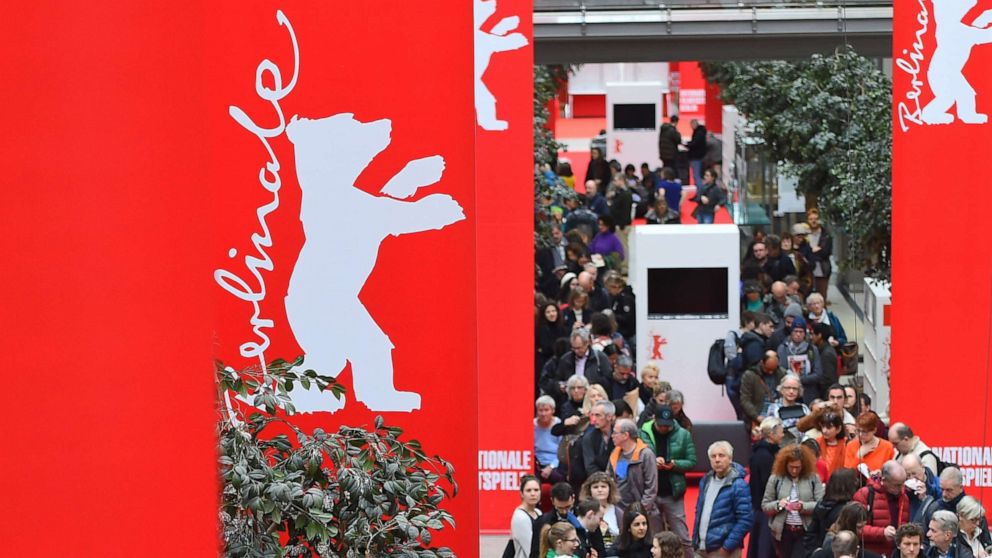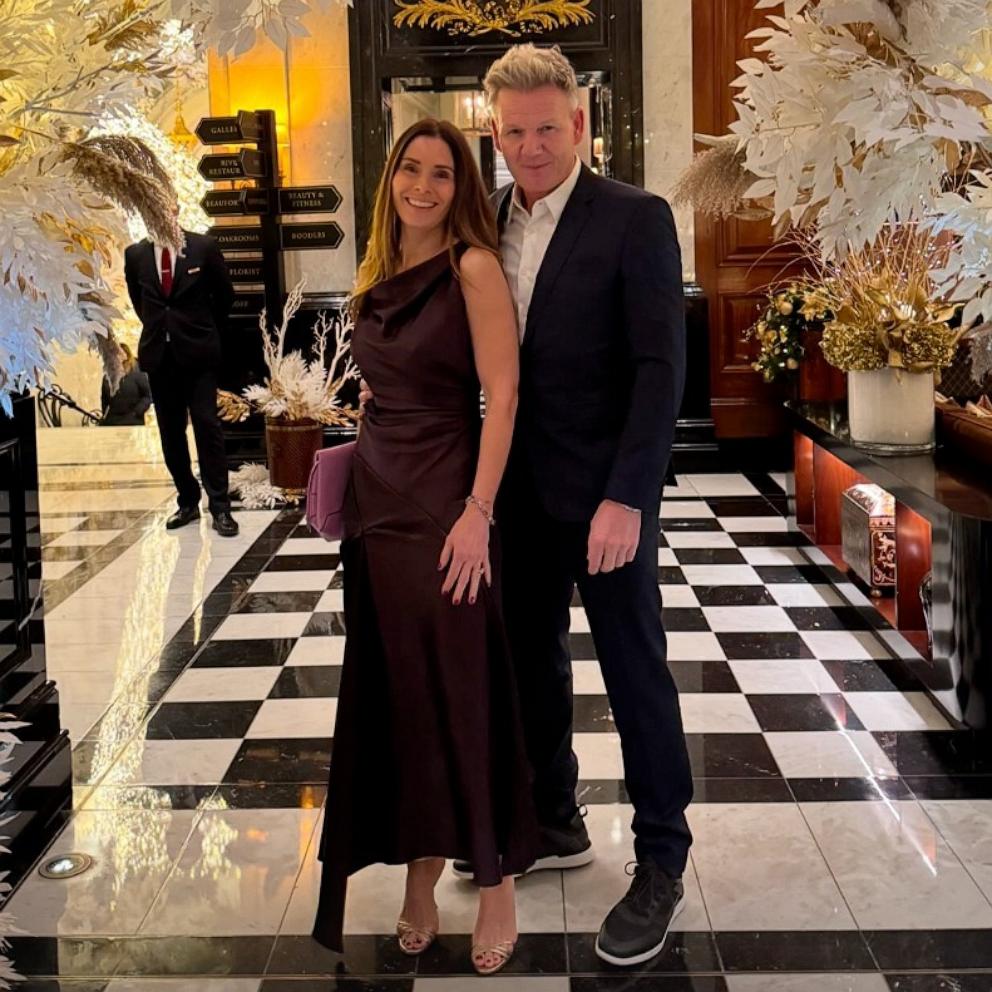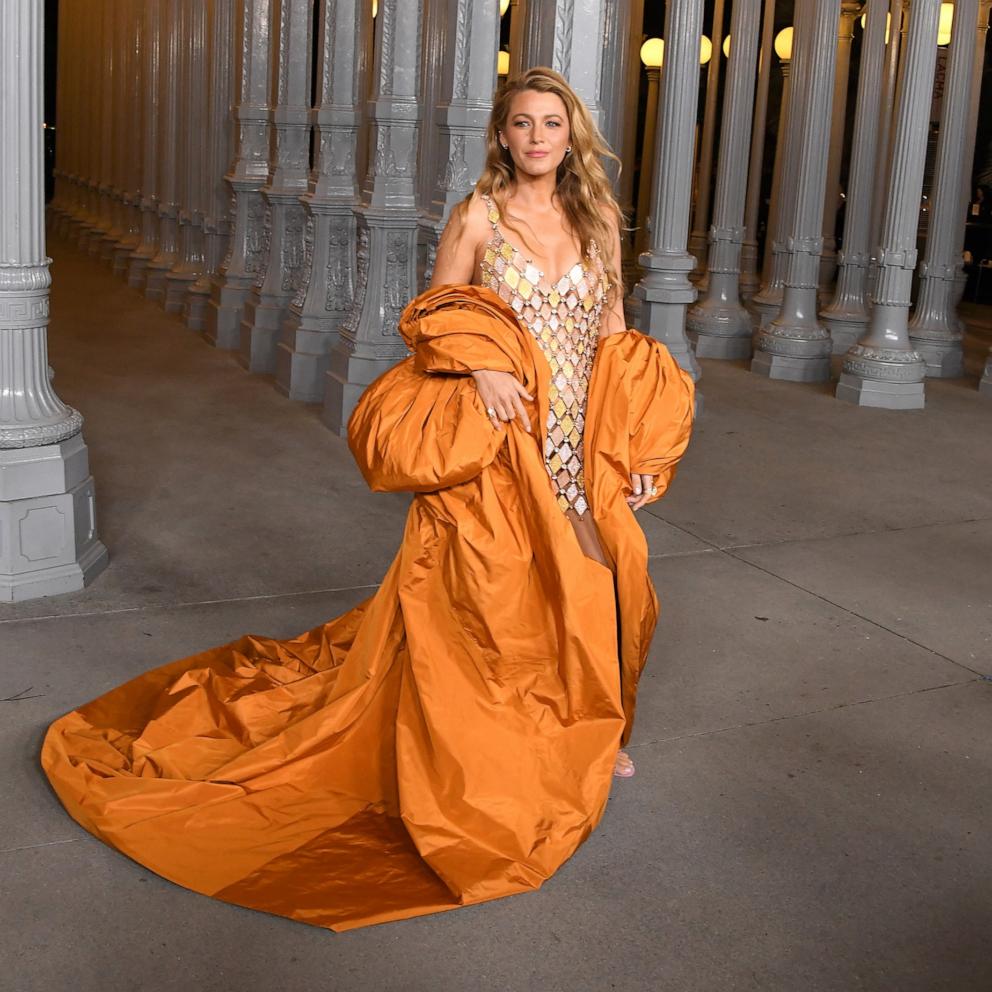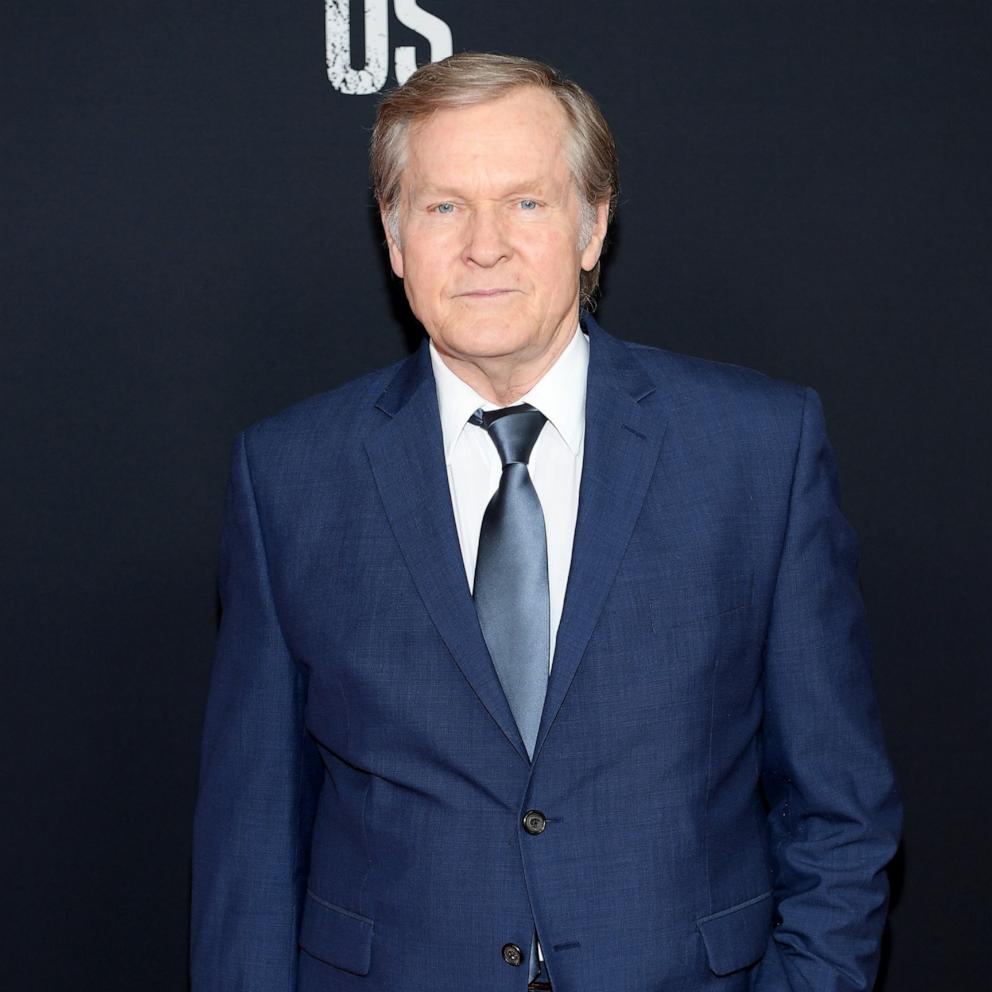Berlin Film Festival highlights dark themes on its 70th anniversary
BERLIN -- Held in the German capital from Feb. 20 to March 1, the Berlin International Film Festival is taking a darker view of the world, perhaps a reflection on the current state of world affairs, on its 70th anniversary. That focus is apparent in one of the festival’s most-awaited premieres, "Berlin Alexanderplatz," an adaptation of the seminal book by Alfred Döblin set in 1920s Berlin.
The original story is of a small-time criminal who, upon being released from jail, tries to live an honest life and avoid the temptations of the corrupt world around him. 40-year-old director Burhan Qurbani, the son of Afghan refugees, brings the story to the present day through the protagonist, Francis, a refugee from Guinea-Bissau who promises to be a good person and make an honest living. Francis, played skillfully by Brazilian actor Welket Bungué, soon gets sucked into a world of gangsters in his quest to gain status and make a life for himself with the means available to him.
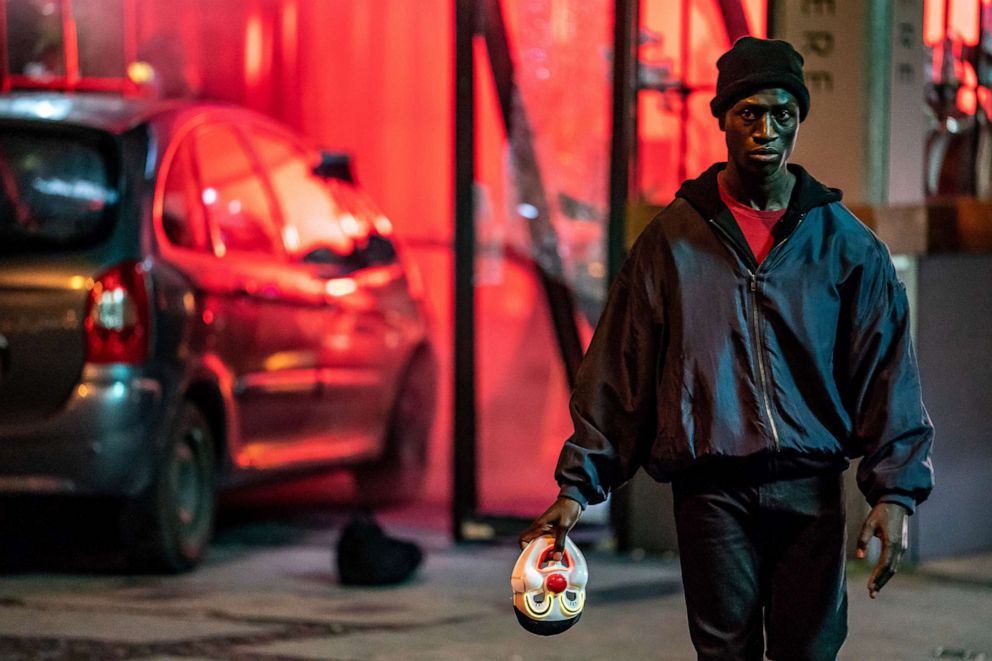
One of the more poignant films at the festival is "The Roads Not Taken" by British director Sally Potter. Featuring Salma Hayek, Elle Fanning and Javier Bardem, the story revolves around a mentally ill man reminiscing on his life and the different ways it could have gone. Potter is one of six female directors with films in the competition. Although Berlin’s film festival has a way to go before gender parity is reached among film contenders, the outlook is better on the management level. According to the festival’s diversity data, leadership positions were equally balanced between men and women, as well as members of the executive board.
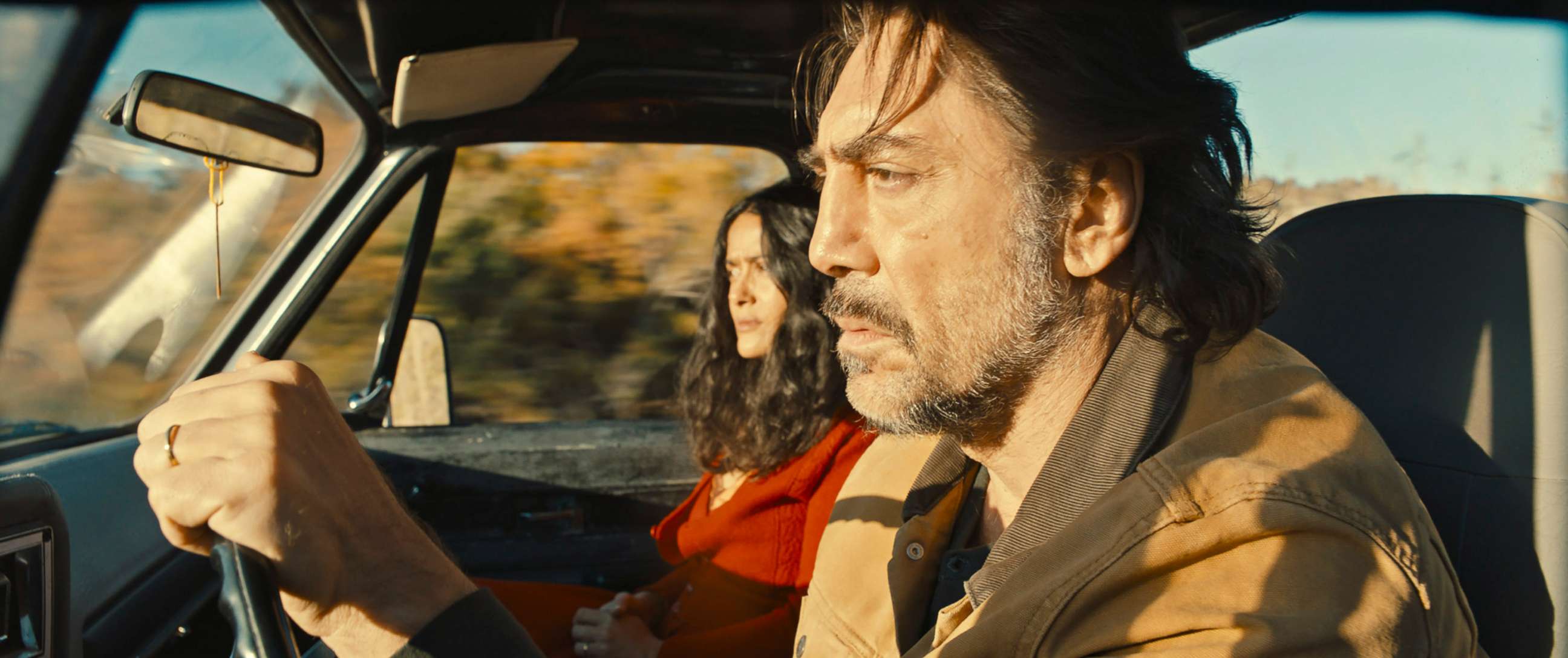
Last year, director Dieter Kosslick signed a gender parity pledge which requires the festival to release information about the gender and race of everyone involved in the festival, from members of the selection committees to casts and crews of participating films.
This year’s festival also introduced a new category called “encounters,” which is “a platform aiming to foster aesthetically and structurally daring works from independent, innovative filmmakers” according to the festival’s description, and includes both documentary and fiction films. A standout entry in this category is “Servants,” by Slovakian director Ivan Ostrochovský. Set in a seminary in Czechoslovakia during the Cold War in the 1980s, the film tells the story of two young seminarians who must choose between faith and politics as the oppressive regime tries to control the Catholic Church.
The struggle for ideological freedom in the face of oppression is a theme in other films at this year’s festival. “There is no Evil” by acclaimed Iranian director Mohammad Rasoulof, a former Cannes winner, tells five stories of people who committed small acts of rebellion while living under a controlling government.
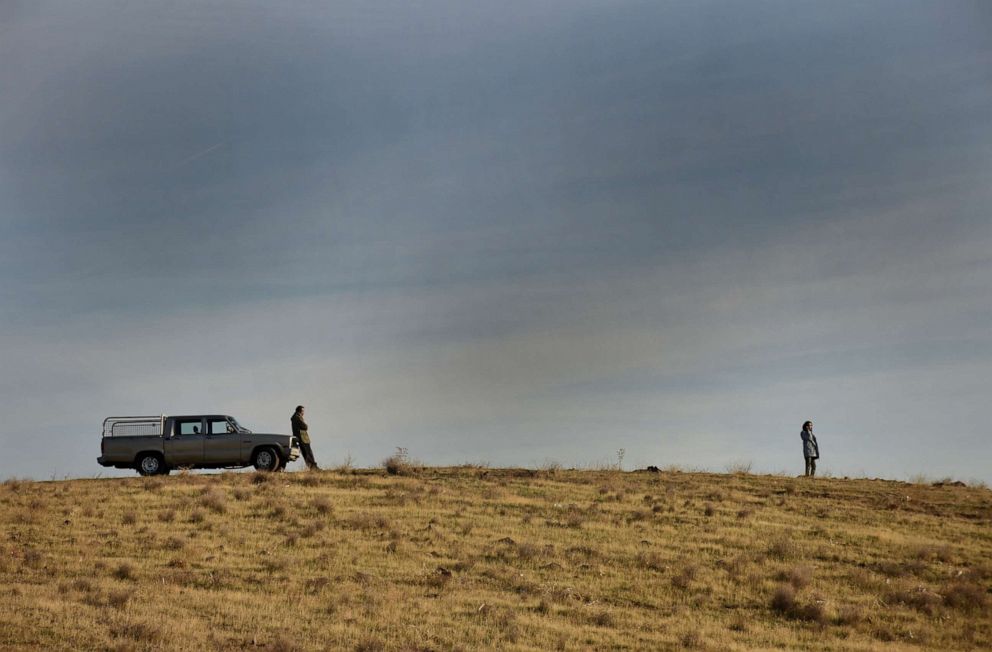
The four stories that make up the film loosely center on Iran’s death penalty. Although Rasoulof is one Iran’s most famous directors, his films are banned in the country. In 2011, after his film about censorship, “Goodbye,” won two awards, he and his co-director were sentenced to 20 years in prison, charges later dropped and Rasoulof released on bail. However, Rasoulof was not permitted to travel to Berlin for the premiere on Friday “The right to choose between being present or absent at the festival is simply not mine,” Rasoulof said in a statement to the press the day of the premiere. “Imposing such restrictions very clearly exposes the intolerant and despotic nature of the Iranian government.”
This year’s festival marks an important change in leadership under artistic director Carlo Chatrian and executive director Mariette Rissenbeek. Former director Dieter Kosslick stepped down after 18 years at the helm.The lineup features 340 films produced in 71 countries. Eighteen films in the competition category battle for the top award, the Golden Bear, which will be announced Sunday, the final day of the festival.
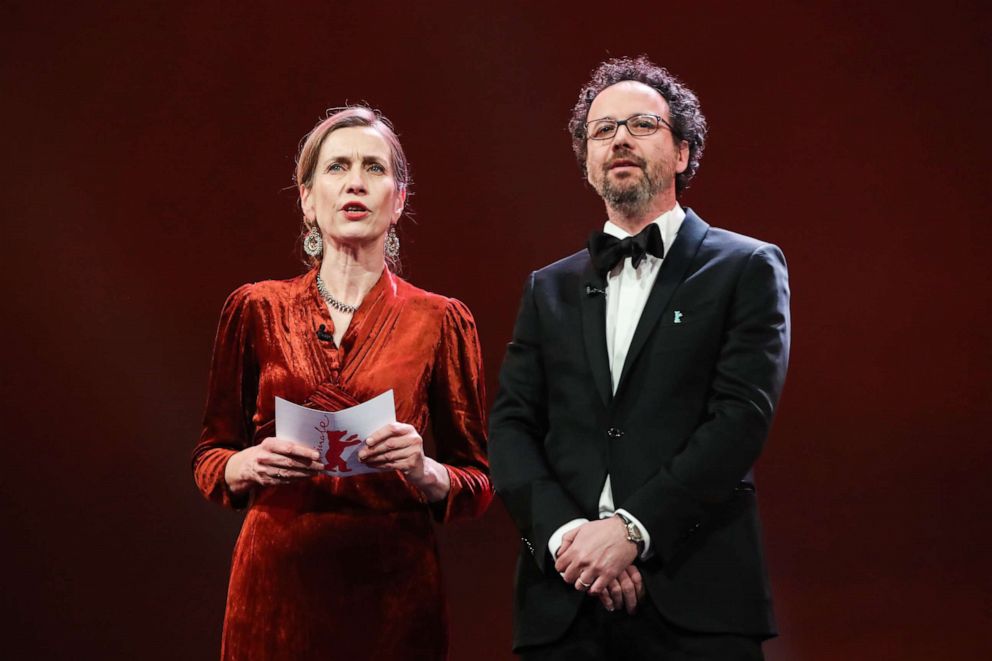
The Berlin Film Festival, also called the Berlinale, is one of the most prominent of European film festivals, along with Cannes and the Venice Film Festival. In the film world, the Berlinale has a reputation for being the rebel among its peers and this year is no different.
"A good number of films in the competition decided to look at the dark side of the human being," Chatrian told press before the festival, according to The Associated Press.
"They are not without hope, but at the same time they want to really face what’s happening around us," he said. "Sometimes talking about the inner fear. Sometimes talking about the fear that’s in the world outside us."
